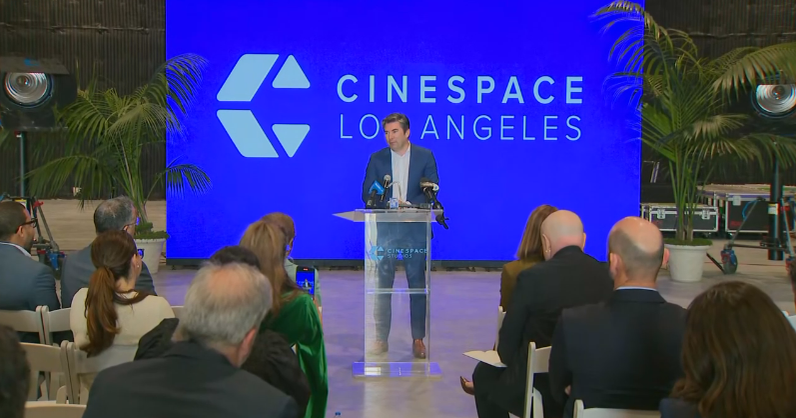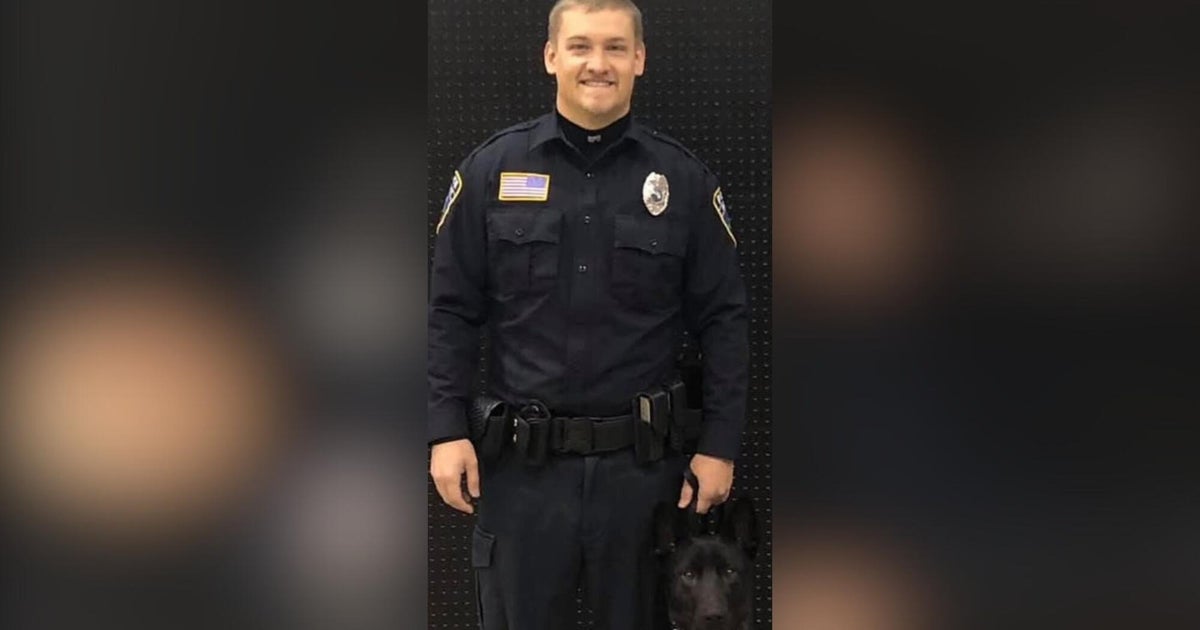Johns Hopkins study allows ALS patients to navigate home devices with their minds
BALTIMORE - In a new study led by Johns Hopkins Medicine researchers, a brain-computer interface successfully restored control of home devices for patients with ALS.
Researchers gave WJZ an exclusive look at this breakthrough technology.
Without moving or making a sound, 62-year-old Tim Evans navigates a streaming device and queues up a movie…with his mind.
Evans was diagnosed with ALS in 2014.
The progressive nervous system disease made him develop severe speech and swallowing problems. He can talk slowly, but it's hard for most people to understand him.
Last summer, Evans volunteered for a study in which Dr. William Anderson and Dr. Chad Gordon – both professors at Johns Hopkins University School of Medicine – implanted a brain-computer interface (or BCI) in Evans' brain. Evans is the first participant.
Evans' wife, Dee, the idea of him having open brain surgery was "scary."
"But I just couldn't say no," said Dee Evans.
The BCI decodes signals from the brain areas responsible for speech and upper limb function.
With a special computer algorithm trained to translate those brain signals into computer commands, Evans can use a set of six basic commands (up, down, left, right, enter and back) on a communication board to control smart devices like room lights and streaming TV apps.
"He can control the lights and he can control the television just by saying the words silently, and we are only translating the brain signals that were captured with the implanted electrodes in his brain," said Shiyu Lou, JHU graduate student and first author of the study.
"Without the advances in AI over the past 10 to 20 years now, this would not be possible," said Dr. Nathan Crone, Neurology professor and senior author of the study.
Crone and his team are now working with Evans on a series of other studies to expand the words the BCI can translate from his brain signals, and eventually help restore his voice.
"Tim is donating a lot of time to this research," Crone said. "He's really dedicated to helping other patients like himself."
"He's my hero," said Dee.
The results of the study were published on October 25. It showed that the BCI could accurately translate computer commands from brain activity over a three-month period without needing to be retrained or recalibrated.







